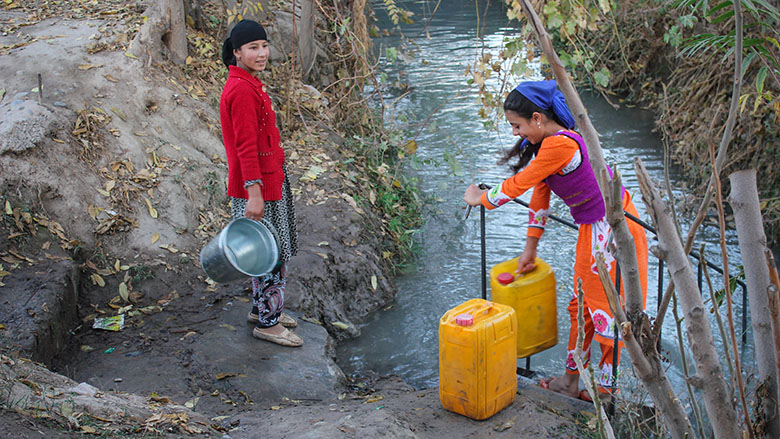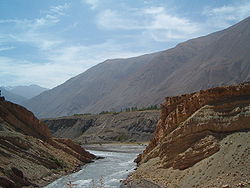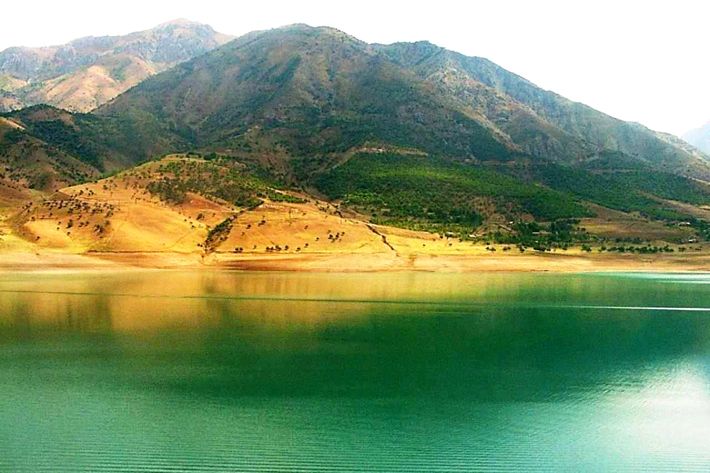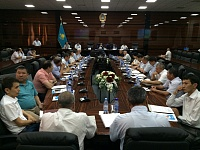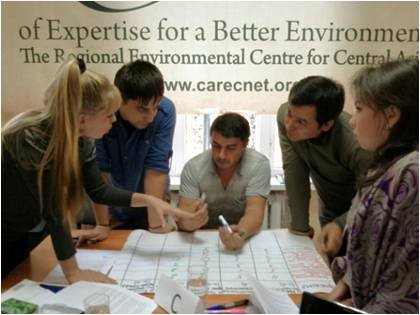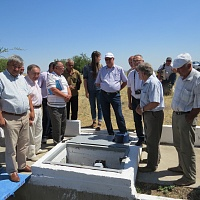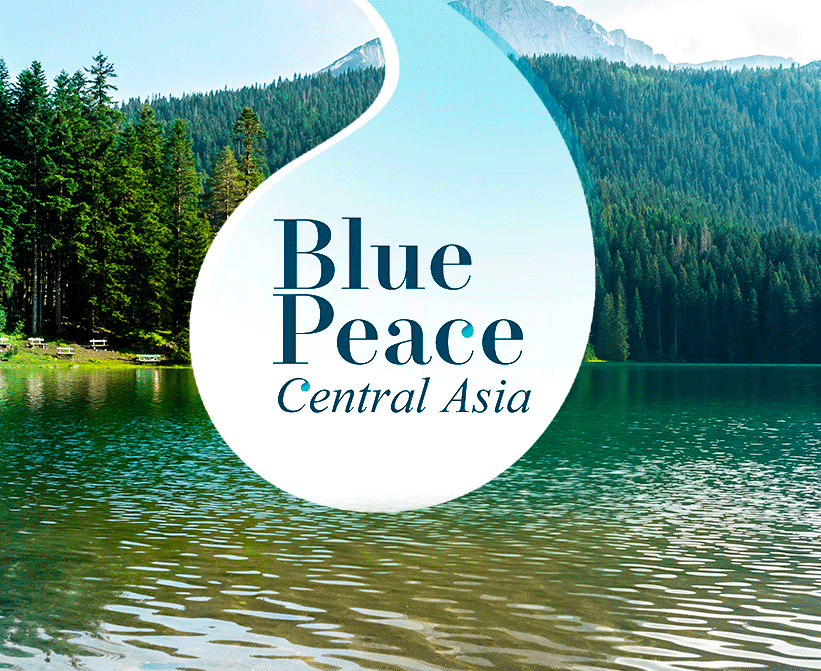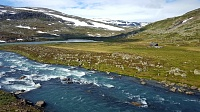Program News
Background
The "Water Initiatives Support Program" (WISP) facilitates the implementation of projects in the region aimed at enhancing efficiency and promoting cooperation in water resource management by engaging all stakeholders. Specifically, the scope of the WISP program includes:
-
Implementation of principles and practices of Integrated Water Resources Management (IWRM) in small transboundary watersheds in Central Asia.
-
Enhancing stakeholder participation in planning and managing water resources through regional and national working groups, as well as the establishment of basin councils that include representatives from local communities.
-
Supporting multi-sectoral, partnership-based regional and international dialogue platforms on water issues in Central Asia, including water quality.
-
Harmonizing approaches in Central Asian countries and analyzing the needs for water-related professional education, capacity building for sector professionals through the development of educational materials, and conducting seminars and training on IWRM principles, basin planning, improving the efficiency and productivity of water resources, water diplomacy, climate-resilient water resource management with consideration of gender aspects, and other relevant topics.
-
Establishing and supporting networks and communities of water practitioners involving beneficiaries from Central Asia and abroad, with the aim of creating a regional knowledge-sharing platform.
- Increasing awareness of the most pressing water issues and providing potential solutions through access to knowledge, best practices, and advanced technologies in water resources management and sustainable development, conducting awareness campaigns, firsthand experience sharing, and educational trips.

